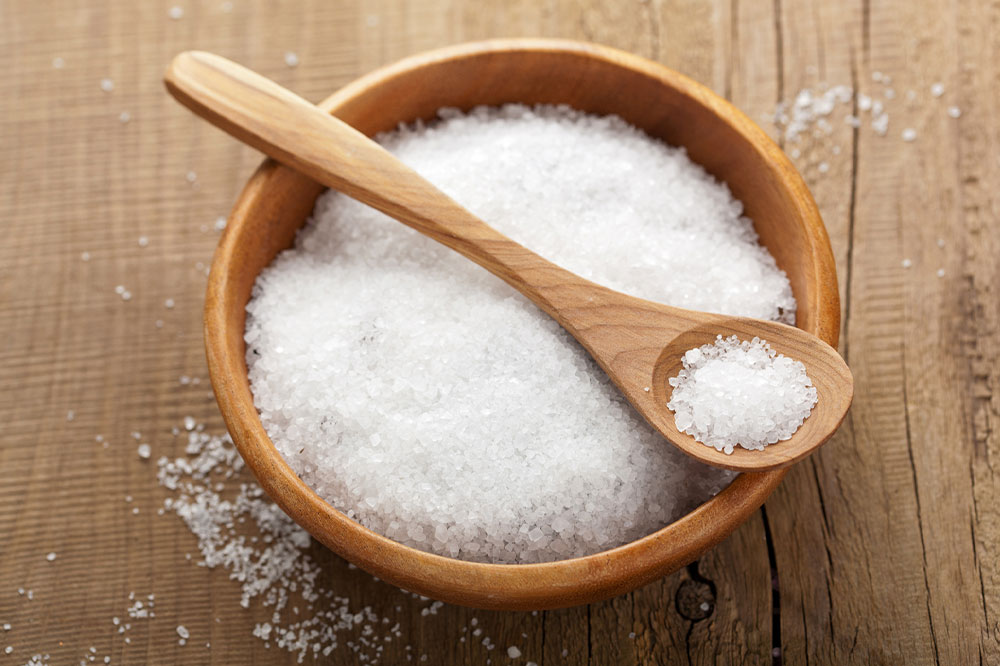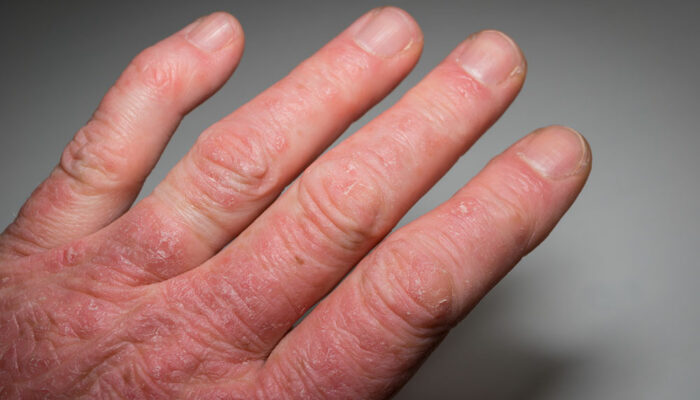
3 Foods That Trigger COPD Symptoms
If diagnosed with chronic obstructive pulmonary disease (COPD), it’s necessary to keep a close watch on what one eats. While some foods help manage the symptoms, others lead to a build-up of gas and cause bloating or fluid retention in the body, making it difficult to breathe. Certain foods are genuinely part of healthy eating but are considered problematic for those with COPD. Therefore, it’s crucial to make a note of these food triggers for COPD.
1. Foods that cause bloating
Bloating is one of the biggest problems for those with COPD. It leads to a build-up of gas, which, in turn, pressurizes the diaphragm. This can strain the lungs and result in shortness of breath.
Many nutritious foods can cause both bloating and gas. Some of the well-known foods under this category include cruciferous vegetables like cabbage, Brussel sprouts, bok choy, cauliflower, broccoli, and kale. These vegetables are rich in both vitamin A and C but are food triggers for COPD. One can switch to other foods such as carrots, sweet potatoes, squash, and citrus fruits to derive these nutrients.
Other culprits that easily cause bloating are foods such as bubbly sodas, fried foods, beer, and sugar-based items. It is best to steer away from fried foods because they take more time to digest, thereby leading to bloating.
2. Foods with excess salt
Excess salt leads to water retention in the body. This can cause inflammation and fluid formation in the lungs. Due to this, people with COPD can end up having more breathing difficulties.
Some of the worst foods that contain high amounts of salt include pizza, soups, bread, cured meats, and cold cuts. COPD patients should steer clear from such foods and try to pick those that do not require too much salt or flavor, with alternate seasonings and spices.
3.Diary products
Dairy products are known to be high in fat. Foods like cheese, milk, ice cream, and yogurt can end up triggering respiratory issues. Besides, consuming cow’s milk induces higher mucus production. Since the body tries to expel excess mucus, the lungs bear the strain of breathing.
However, dairy products contribute to the calories one requires to keep their day going. Therefore, it is crucial to add only a moderate amount of milk products into the diet and pick the ones low in fat.
One of the best ways to keep foods that trigger COPD under check is to monitor the overall diet. COPD patients should have a consistent eating pattern and consume enough calories and essential vitamins and nutrients. At the same time, any trigger foods should be avoided.



